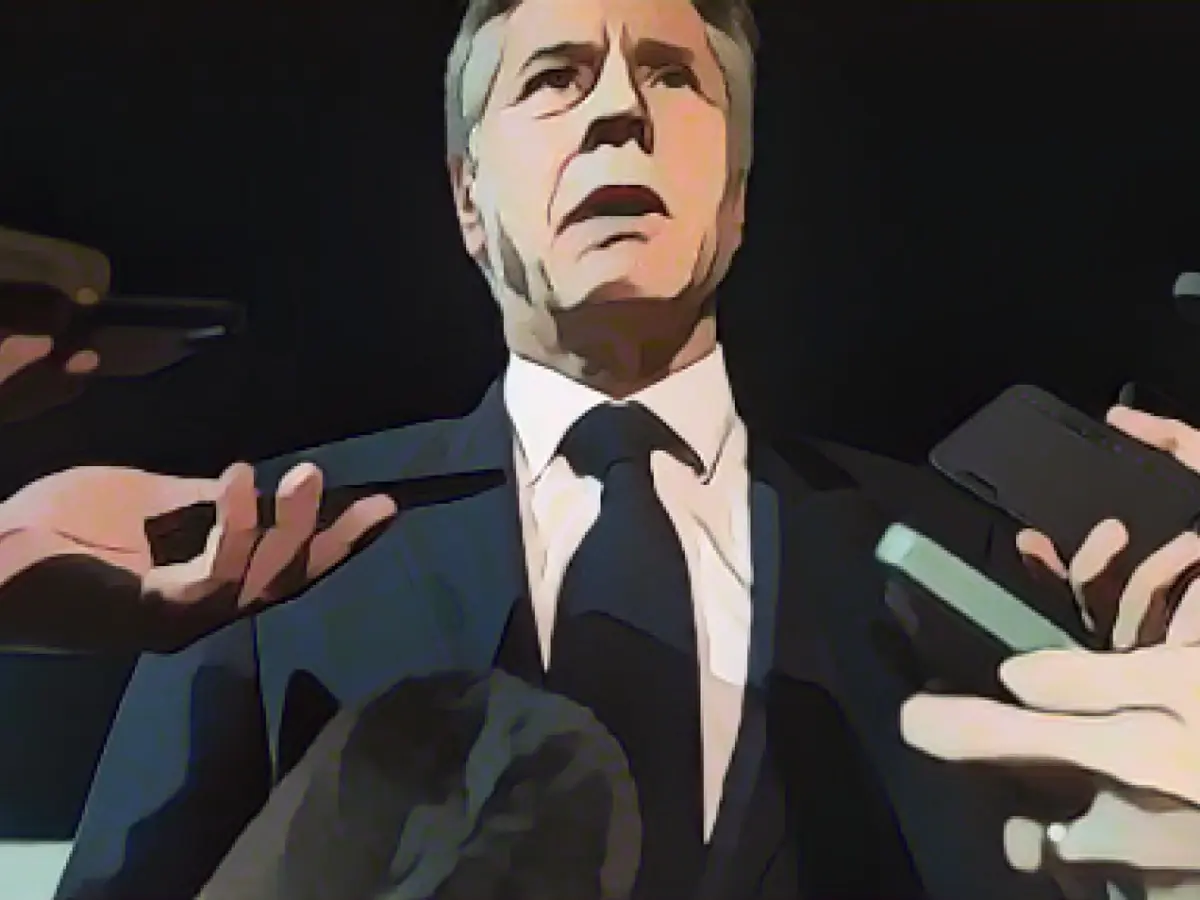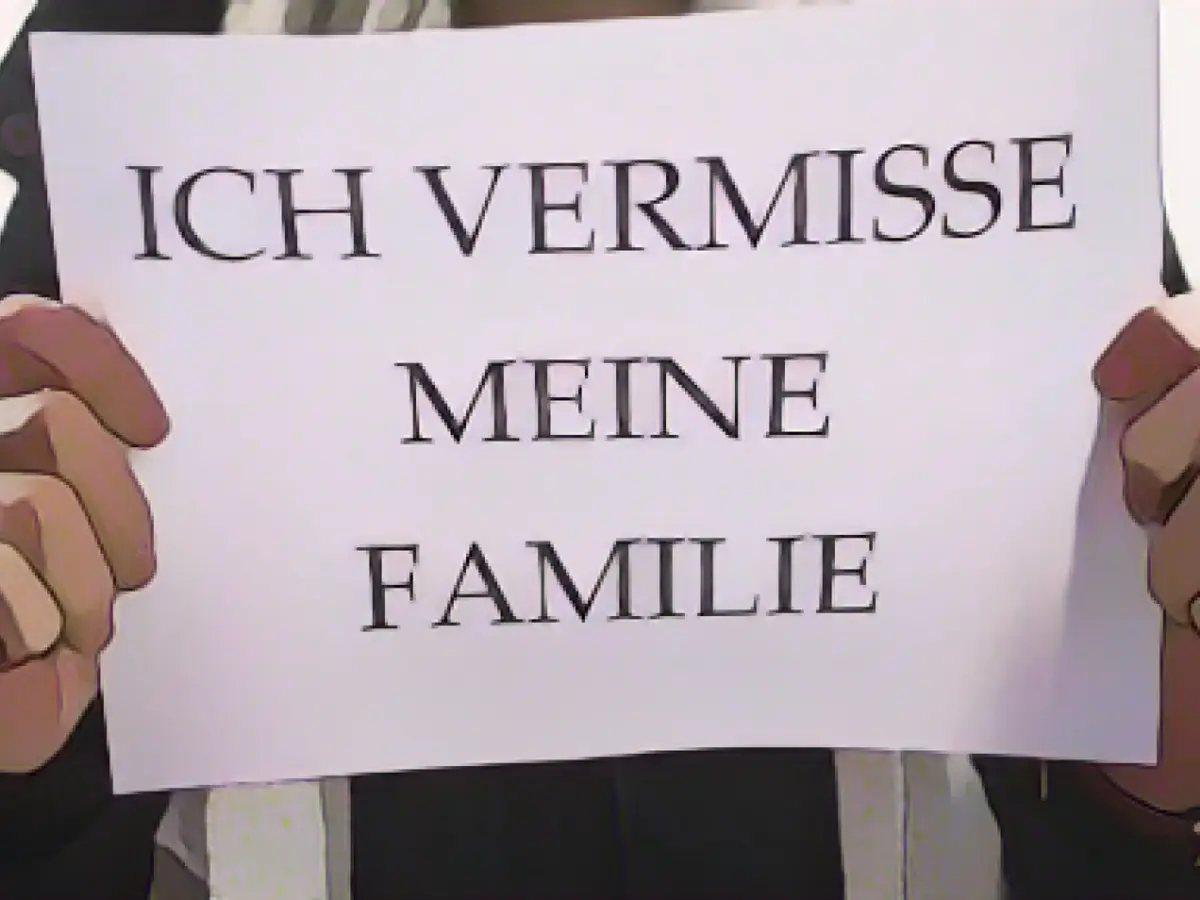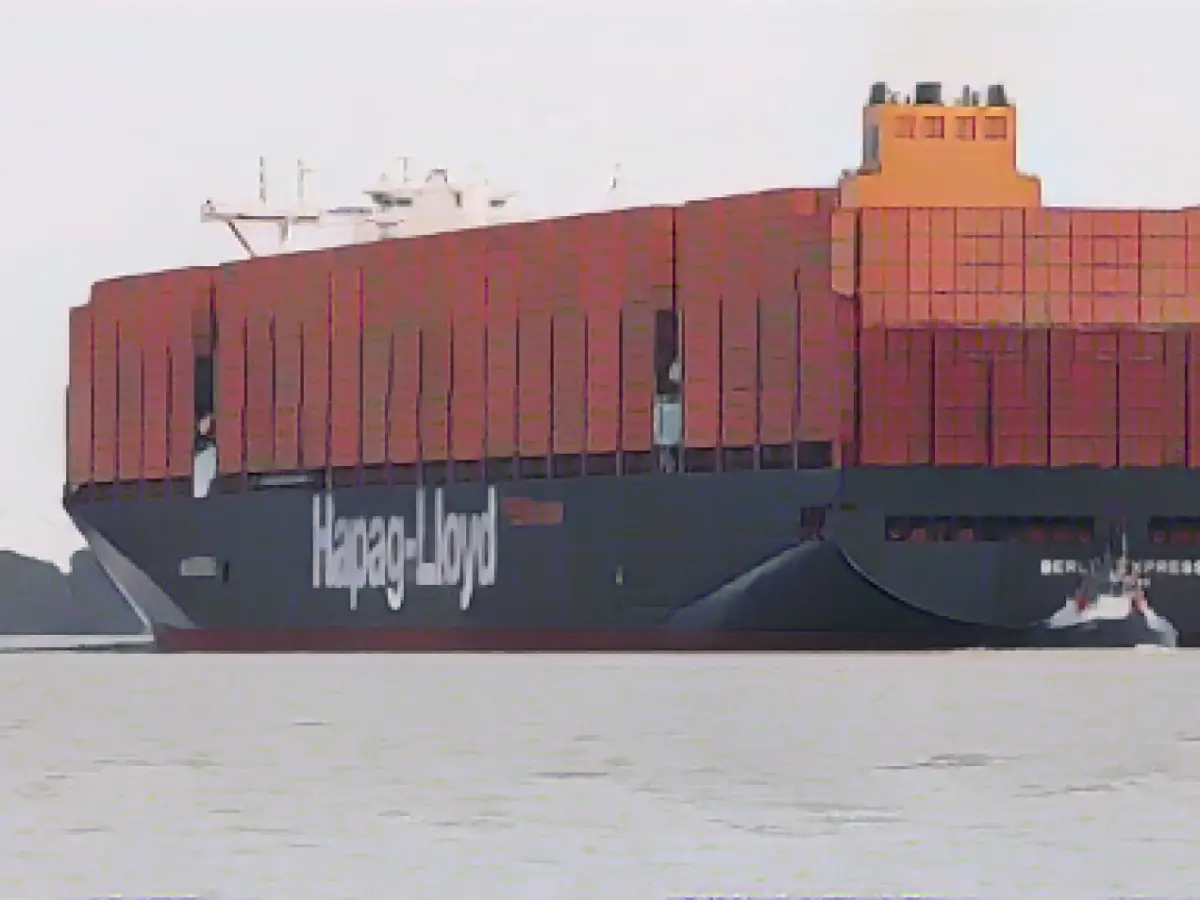Middle East Tensions: US Curbs Access for Extremist Israeli Settlers
Amidst escalating tensions in the West Bank, the United States is implementing measures to limit entry for certain Israeli settlers. Matthew Miller, the US State Department spokesperson, noted that violence in the region has reached levels last seen during the Second Intifada (2000-2008).
Increased acts of violence have become a pressing issue. Notable among these is a significant surge in violence from extremist Israeli settlers, instigating disturbances against Palestinians and altering entire communities. Additionally, Palestinian militants have perpetrated attacks against Israelis, exacerbating the situation.
Criticism and Calls for Action
The aforementioned measures aim at individuals seen to be responsible for disrupting peace, security, or stability in the West Bank, as per a Foreign Ministry statement. Relatives of such individuals might be subject to the restrictions as well.
The US has consistently criticized violence from both sides, urging Israel to bring such extremist settlers to justice. However, the government has been deemed to have taken insufficient action to this effect, according to Miller.
The US administrators called for Israel's leadership to better safeguard Palestinians from extremist settler attacks and for the Palestinian Authority to likewise also reduce attacks on Israelis. According to the State Department, both Israel and the Palestinian Authority hold responsibility to uphold stability in the West Bank.
Historical Background
During the Six-Day War in 1967, Israel acquired the West Bank and East Jerusalem, along with other territories. Today, approximately 600,000 Israelis reside within over 200 settlements in the area, which Palestinians claim should be incorporated into their future state. The UN Security Council in 2016 identified these settlements as a violation of international law and urged Israel to halt all settlement activities.
Further Reading
- Matthew Miller, the US Department of State spokesperson, highlighted the escalating tensions in the West Bank during his remarks in Washington.
- In response to the escalating tensions, the US government has imposed entry restrictions on individuals involved in actions that undermine peace, security, or stability in the West Bank.
- The escalated violence includes unprecedented levels of extremist settler violence directed against Palestinians and their property.
- The US government has consistently denounced the violence from both sides and urged the Israeli government to bring extremist settlers to justice due to insufficient action taken thus far.
- Secretary of State Antony Blinken and US President Joe Biden have already expressed concerns over Israel's settlement policy in the West Bank.
- Critics argue that the new entry restrictions might negatively impact the Palestinian Autonomy Authority, potentially impacting members with valid visas or under the visa waiver program.
- A more strategic approach could be to lift entry restrictions or implement targeted limitations on specific individuals rather than broad restrictions to address the root causes and promote de-escalation among the conflicting parties.
- Blinken urged a two-state solution to the conflict between Israel and Palestinians during a speech at the United Nations General Assembly, emphasizing the need for Palestinian autonomy and direct negotiations for lasting peace.
- The AA news agency reported on the US entry restrictions, citing Miller's statement and the concern regarding protecting Palestinians from extremist settler attacks while simultaneously calling on the Palestinian Authority to curb attacks on Israelis by Palestinian militants.
Enrichment Data:
Although the specific entry restrictions imposed by the US government on Israeli settlers are not mentioned in the sources, the context suggests that the Biden administration imposed sanctions on Israeli settlers involved in "extremist settler violence, forced displacement, and property destruction" in the West Bank through Executive Order 14115, which was signed on February 1, 2024. These sanctions blocked their access to assets in the US and the country's financial system.
Israeli and Palestinian Authority Responses
Israeli Response: Israel's pro-settlement hardliner government, led by ministers such as Bezalel Smotrich and Itamar Ben-Gvir, welcomed Trump's decision to lift sanctions on Israeli settlers. They hailed it as a "just" adjustment from the Biden administration's policy. Smotrich and Ben-Gvir have publicly supported settler terrorists and been accused of arming them and advocating for the obliteration of Palestinian villages.
Palestinian Authority Response: The Palestinian Authority condemned the move,asserting that it encouraged settlers to commit further crimes. Nabil Abu Rudeineh, spokesperson for the Ramallah-based Palestinian Authority, expressed concerns that the lifting of sanctions would lead to increased violence against Palestinians.








